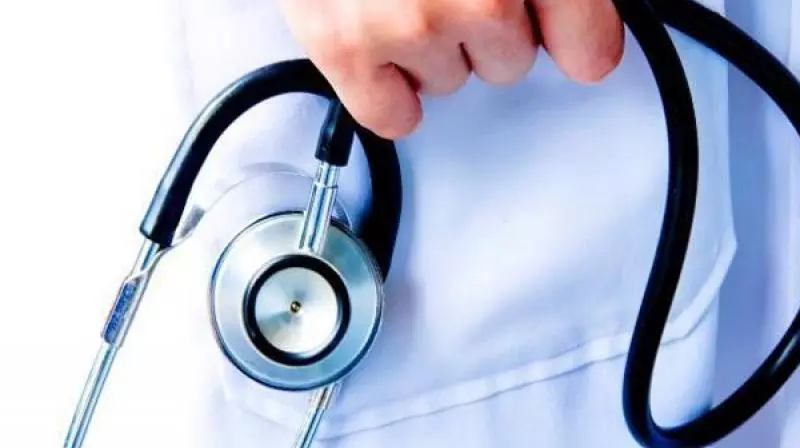Health sector sees reduced allocation

Hyderabad: The government's health, medical and family welfare allocation was reduced to Rs 11,468 crore in Thursday’s state Budget, reflecting a decrease of Rs 910 crore from the Rs 12,161 crore allocated in 2023-24.
However, Deputy Chief Minister and Finance Minister Mallu Bhatti Vikramarka pointed out that according to the revised estimates, the previous BRS government had spent only Rs 9,135 crore. Against this, the allocation in Thursday’s Budget represented an increase.
Bhatti raised several concerns about the state's healthcare system, noting that it was not adequate to meet the needs of the people and had been neglected. "The previous government could not even pay salaries to doctors, nurses, and other government and contractual employees in time," he said.
The minister criticised the neglect of Osmania General Hospital, where the BRS government had failed to provide the amenities and resources. "Our government has released all salary arrears to employees and assures timely salaries in the future to ensure a smooth and efficient system,” he said. “We are committed to completing under-construction super-speciality hospitals, other hospitals, nursing colleges, and medical colleges. As soon as our government was formed, we issued appointment orders to 6,956 nurses.”
To enhance healthcare services, the government has strengthened the Rajiv Aarogyasri, increasing the coverage from Rs 5 lakh to Rs 10 lakh, raising the package prices of 1,375 treatments by an average of 20 per cent. The scheme's scope has been expanded to include 163 diseases.
The government plans to improve dental, eye, ENT, and mental health care availability in a phased manner. To make health services more accessible through modern technology, the government will introduce digital health profile cards for all citizens, each with a unique identification number, centralising citizens' health information to facilitate easy diagnosis and prompt treatment.
Historically, Telangana's health expenditure has been less than the average allocation of 6 per cent. During the peak of the Covid-19 pandemic in 2020-21, only 4.3 per cent of the Budget was spent on health. This decreased to 3.3 per cent in 2021-22 and increased to 5 per cent in 2022-23.
The WHO advocates for a minimum of 5 per cent of GDP to ensure adequate health services, emphasising the importance of health spending in achieving universal health coverage (UHC) and improving health outcomes.

